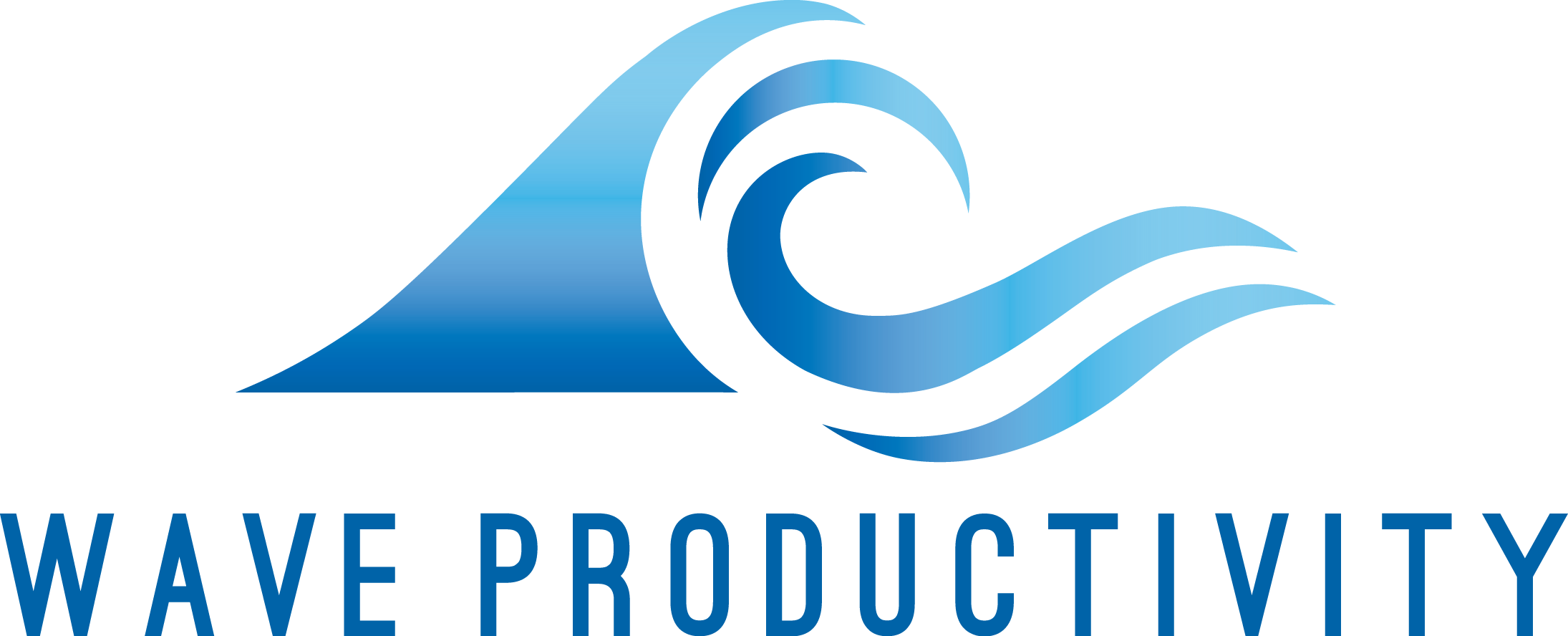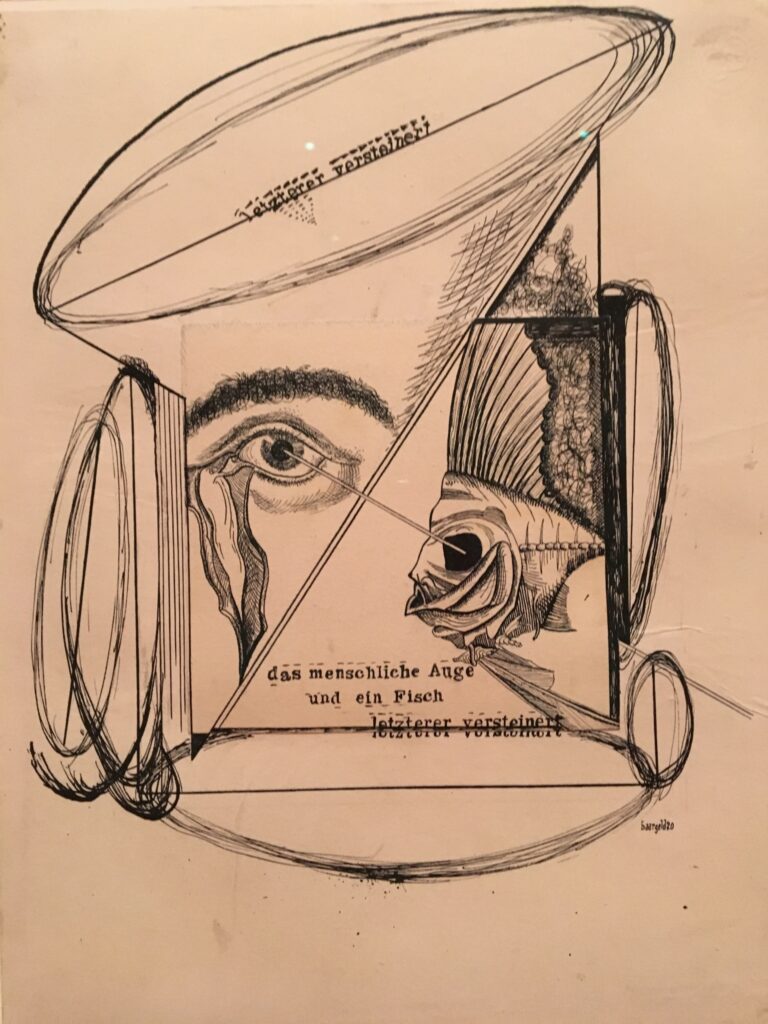In the realm of workplace dynamics, the insights of Sigmund Freud on defense mechanisms offer us a great lens we can look through to understand ourselves and our co-workers. Sigmund Freud pioneered and coined defense mechanisms. We use defense mechanisms as a way to help us to manage uncomfortable feelings, thoughts, and events. Haven’t we all had uncomfortable feelings and events happen at work? Defense Mechanisms show up, if not with you, in the behaviors your co-worker’s display. These behaviors can hinder productivity and growth within a company. Here are three common defense mechanisms that might affect your work and the workplace you are in.
Displacement
Displacement is an impulse that is satisfied with a substitute object or person where you move feelings from a specific person or situation to a person or object that has nothing to do with it.
Example
Your boss yells at you and you get very angry but you can’t take that anger out on your boss. You head home after work and yell and kick the dog to release the anger.
Personalization
Personalization is taking something personally when there might be an alternative explanation.
Example
The office has a pizza party where everyone has more than their fair share of a slice. In a late afternoon meeting, you pitch a great idea and then look at your colleague for their reaction. Your co-worker has a look of disgust on their face. You take it personally; this colleague doesn’t like the idea you just pitched. What you don’t know is your colleague has eaten way too much pizza and has acid reflux. The look on their face has nothing to do with your idea. But you spend the rest of the day concerned they may hate you.
Reaction Formation
Behaving in a way that is opposite of how you actually feel.
Example
You really dislike your new team leader. Your ideas, and ways of being just don’t jive. It would be inappropriate to act on those hateful feelings in the workplace. Instead, you speak highly of them, and lavish them with praise; you become a ‘yes’ man to everything they do and say but inwardly you are seething.
So why is understanding the three defense mechanisms so important?
- Having a heightened awareness of you and your colleague’s defense mechanisms in the office can be invaluable.
- Recognizing these behaviors saves time, energy, and emotion and ultimately helps us to navigate workplace interactions.
- Understanding the dynamics at play makes the workplace more manageable.
Notice when these three defense mechanisms show up. Being more fully aware of how you show up in the office and how other colleagues react and behave can be helpful. Understanding how you or someone else reacts can save you time and energy. You can make better decisions about how you will behave and have a clearer picture of the situation as a whole. Making work a little easier to deal with.
Margo Crawford is a Productivity Coach with Wave Productivity. She works with entrepreneurs, small business owners and business professionals to help them become productive in their workplace. Contact Margo today to discuss how your organization can take part in training and coaching. [email protected]

